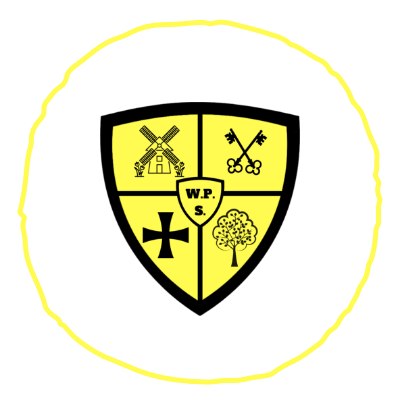Reception Unit
| | |
How your child will be learning
The EYFS Framework explains how and what your child will be learning to support their healthy development.
Your child will be learning skills, acquiring new knowledge and demonstrating their understanding through 7 areas of learning and development.
Children should mostly develop the 3 prime areas first. These are:
· Communication and language;
· Physical development; and
· Personal, social and emotional development.
These prime areas are those most essential for your child’s healthy development and future learning.
 As children grow, the prime areas will help them to develop skills in 4 specific areas. These are:
As children grow, the prime areas will help them to develop skills in 4 specific areas. These are:
· Literacy;
· Mathematics;
· Understanding the world; and
· Expressive arts and design.
These 7 areas are used to plan your child’s learning and activities. The professionals teaching and supporting your child will make sure that the activities are suited to your child’s unique needs. This is a little bit like a curriculum in primary and secondary schools, but it's suitable for very young children, and it's designed to be really flexible so that staff can follow your child's unique needs and interests.
Children in the EYFS learn by playing and exploring, being active, and through creative and critical thinking which takes place both indoors and outside.
When your child is 5
At the end of the EYFS – in the summer term of the reception year in school – teachers complete an assessment which is known as the EYFS Profile. This assessment is carried out by the reception teacher and is based on what they, and other staff caring for your child, have observed over a period of time.
Another important part of the EYFS Profile is your knowledge about your child’s learning and development, so do let your child’s class teacher know about what your child does with you: such as how confident your child is in writing their name, reading and talking about a favourite book, speaking to people your child is not so familiar with or their understanding of numbers.
All of the information collected is used to judge how your child is doing in the 7 areas of learning and development. Finding out at this stage how your child is doing will mean that the teacher your child has in their next school year – year 1 – will know what your child really enjoys doing and does well, as well as helping them decide if your child needs a bit of extra support, what that support should be and if they are already getting it.
At the end of the year, a report of your child’s progress, including information from his or her EYFS Profile, will be passed to you.
How to support with a child’s learning at home?
All the fun activities that you do with your child at home are important in supporting their learning and development, and have a really long lasting effect on your child’s learning as they progress through school.
- Sing and tell nursery rhymes
- Talk about the numbers, colours, words and letters you see when you are out and about
- Allow your child to cut out and stick
- Cook/bake
- Plant seeds or bulbs in a pot or garden
- Use the weather - shadows, rain, puddles, snow,wind, mist and sun
- Explore the park at a different time of the year
- Share a book
- Talk to your child at every opportunity eg what you are going that day
- On a trip to the supermarket, talk about all the different packaging shapes


